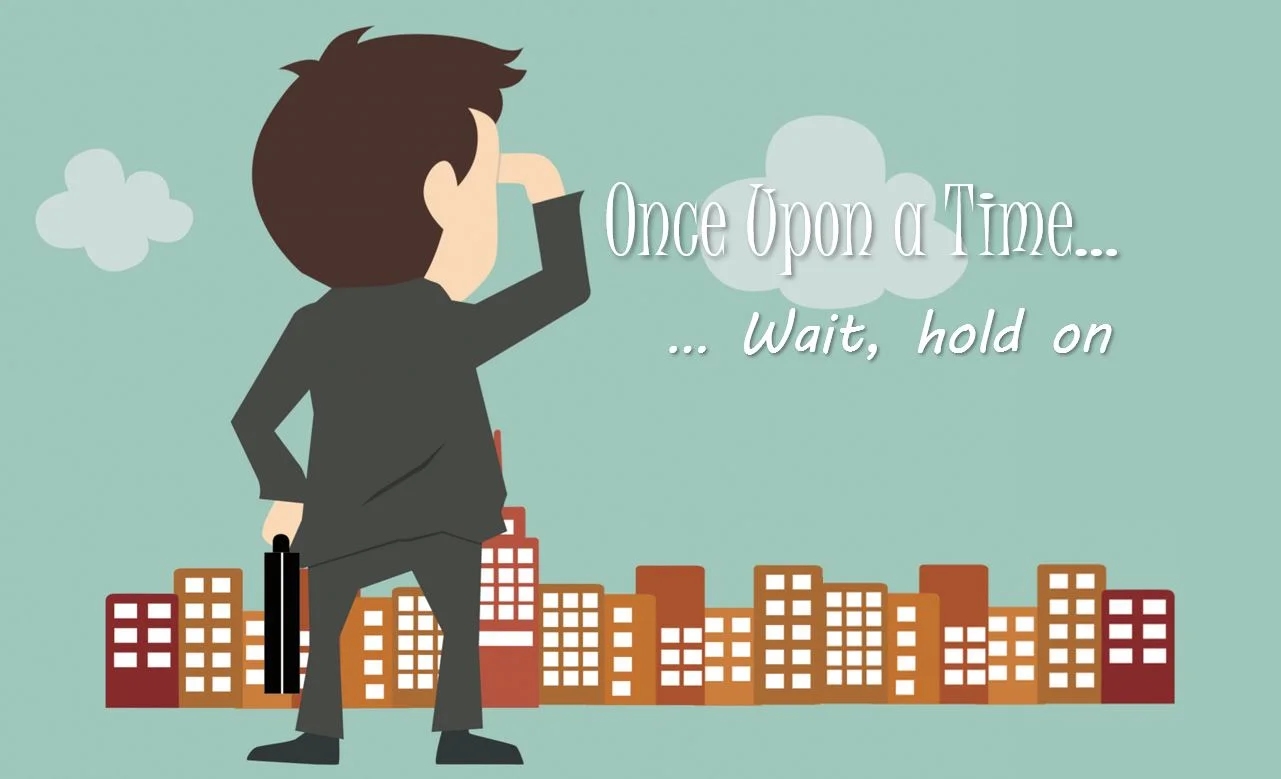A few days ago, I was speaking to someone who wanted to reconnect with the joy she had experienced in her previous roles. She had spent the majority of the past 15-or-so years focussing on ensuring she had any work happening so she could provide for her two sons as a single mother. She had left behind her own career aspirations and prioritised giving her children the best possible upbringing. She gave them everything. And now, she didn’t know who she was or what to do. She had lost her ability to connect with her career because, for so long, enjoying it wasn’t what it was about. She made the choice to let her career joy go so that her children could flourish. “Being a mum changes you” she said.
To an extent, I agreed that there had been change. That said, I also challenged her on how well she knew herself. What were her capabilities? What defines her? Who was she as a person? And most of all, who does she want to be? For many of us, we’ve allowed our life experiences to define our thinking. I see it around me all the time, especially for those who have struggled in one way or another – a single mother, a trauma survivor, challenges with mental health or disabilities, experienced severe discrimination, whatever it may have been. Life, for many of us, teaches us to be fearful of what could happen and to protect ourselves. The focus goes from flourishing to surviving and the mind is trained to think in survival mode. The internal conversation becomes “I/We just need to get through this challenge and we’ll be right”. It’s this being in survival mode that disconnects us from who we really want to be and, over time, we forget about the self that is capable of achieving and become aware only of the abilities we have to ensure survival.
Achieving goals requires an unwavering belief in your future capability. In order to make great goals happen, we need to reconnect with the achiever self – the one that had aspirations and was willing to work towards them. The one with the determination to make it happen. It’s about connecting with the person you want to, and know you can, be.
So, before you start creating goals, consider these 4 ideas you can apply to your life and work to help take the steps towards being who you want to be and achieving what you want to achieve:
1. Allow yourself to grow from your past.
We all have a story. The lady I spoke about described how she’d given in to her circumstances. But as her story developed, she talked about how her children are experiencing their own success, one of them having been accepted into university to study medicine! It took some reminding that it takes a certain type of parent to be so supportive that their child is that successful. That wouldn’t have happened if she hadn’t had unwavering commitment. So, I ask you this: How did your past make you stronger or more capable? Think not only of employment skills like customer service or computer skills or sales skills, but also your interpersonal capabilities – empathy, resilience, patience, determination. Make sure you know these are a part of you.
2. Reconnect and become familiar with yourself.
Who are you? Sounds like a pretty existential question but it is so necessary to understand yourself as much as possible so that you can know what does and doesn’t align with who you want to be in both your life and your career. It took some time to have the lady I spoke with start to identify the type of person she is. She started to see her determination, her strong and caring heart, and her innate ability to lift other people. That’s who she is. Whether it takes some reflective time or whether it means you need to jump online and complete some kind of personality or behavioural or career interest questionnaire, just do it. Develop a vocabulary about yourself that you can bring to life in what you do.
3. Allow your entire self to decide next steps.
Decisions need not only to be based on capability. Your values and motivations should play a part. Finding ways to would enjoy the process should play a part. Many businesses lose great people because managers are focused on capability, on the assumption this leads to meeting KPIs. When this happens, the human connection is lost. Team members leave saying they didn’t feel valued. I was coaching a new manager once who felt her connection to her team was disappearing, along with their performance. Her KPI-oriented self was in charge to the point where she’d forgotten the meaning of the question “how are you”, switching to something more aligned with a “where are you at with your work” sentiment. When she realised this, she understood that KPIs and humanity can work alongside themselves, changing her behaviour immediately. The result? Overnight, both she and her team started to achieve the KPIs that were assigned from the start!
4. Allow yourself to fail.
A growth mindset teaches us to give ourselves permission to fall down but also to understand that those moments are necessary to help us grow. It acknowledges failure as a part of success. It’s necessary to take a risk now and then just to see if your idea will work or if it needs a little finessing. It’s ok to have challenges and to be disappointed, but just like in the above points, take a moment to learn and to grow. Make some notes. Look at your process and find ways to make it better. Successful business people everywhere talk about reflective practise as part of the way they do business. They literally take time out to find what they are doing right and understanding what they did wrong.
Here’s the thing: success comes with alignment to your entire self, not just your capability. It’s no use working towards a goal if you will, in some way, feel bad when you achieve it or when you’re working towards it. Consider your entire self as you take your first steps and make sure you align with who you want to be. And best of luck!
For additional support in aligning self and goals, contact Inward Outward Coaching.




